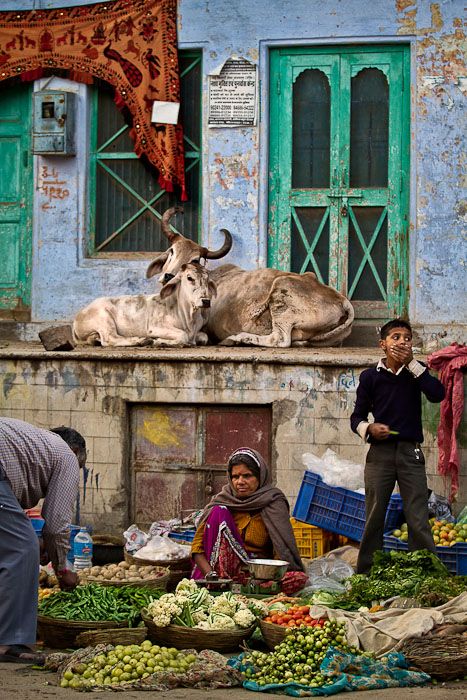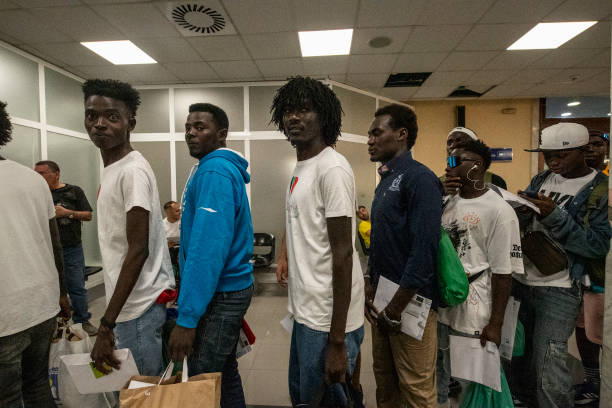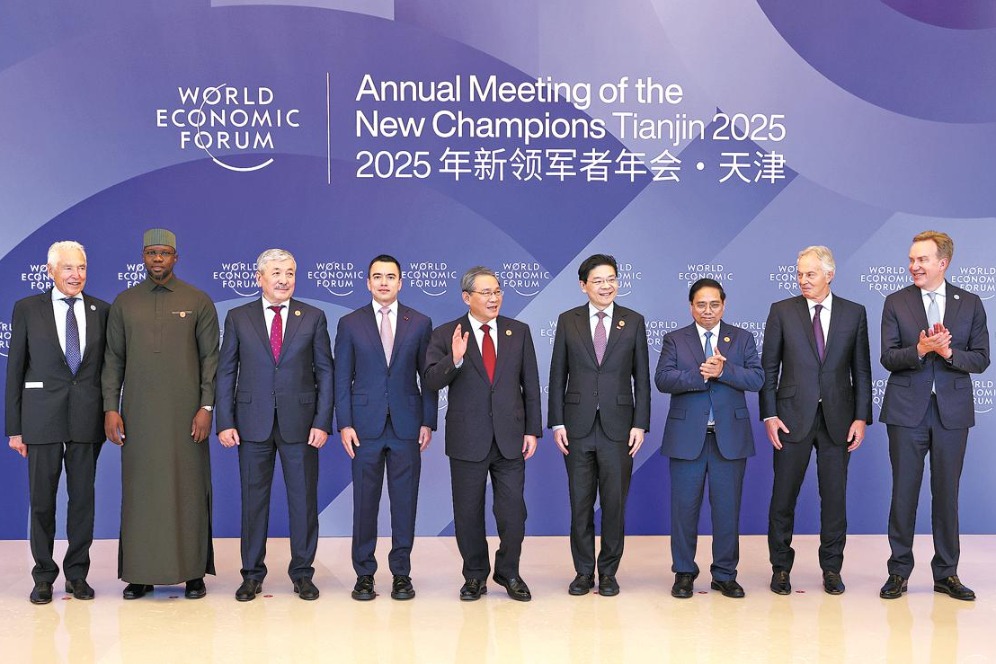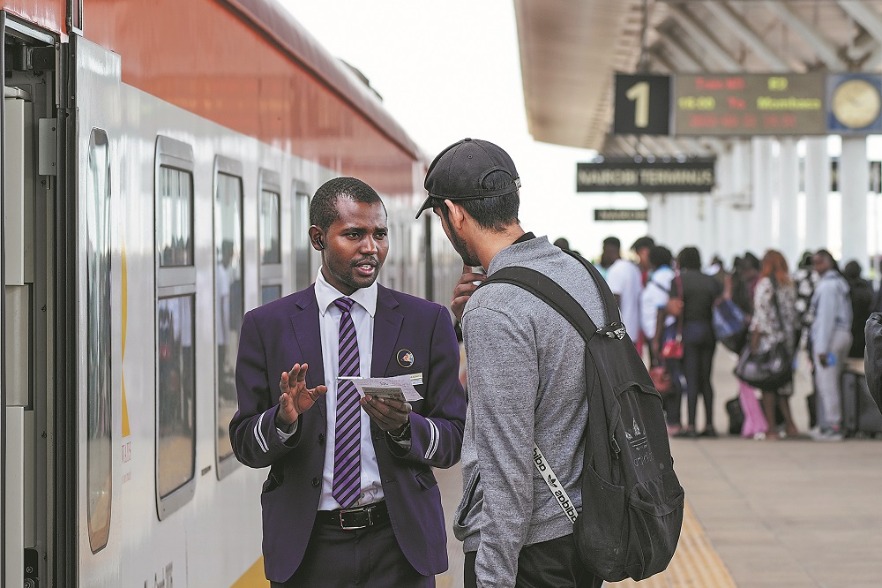China's Xi Jinping Visits Kazakhstan to Strengthen Central Asian Relations

Chinese President Xi Jinping recently convened with Central Asian leaders at a summit in Kazakhstan, marking his second visit to the region in less than a year. This high-level gathering in Astana brought together President Xi and the heads of state from Kazakhstan, Kyrgyzstan, Uzbekistan, Tajikistan, and Turkmenistan, underscoring Beijing's escalating competition with Russia for influence in a strategically vital area.
Since gaining independence after the fall of the Soviet Union in 1991, the five Central Asian nations, traditionally within Russia's orbit, have attracted considerable interest from global powers, including China and the United States. The region is notable for its abundant natural resources and its crucial geopolitical position at the crossroads of Europe and Asia, making it a key focus for investment and strategic alliances.
During his meetings, President Xi emphasized deepening economic ties. In discussions with Kyrgyz President Sadyr Japarov, Xi urged for an expansion of trade and investment, particularly in nascent sectors such as clean energy, green minerals, and artificial intelligence. Xinhua, China's state news agency, reported Xi's call for advancing the "high-quality construction of the China-Kyrgyzstan-Uzbekistan railway" as a new driver of growth. Similarly, in talks with Tajik President Emomali Rahmon, Xi affirmed Beijing's "firm support for Tajikistan in safeguarding its national independence, sovereignty and security." Further engagements included meetings with Uzbek President Shavkat Mirziyoyev and Turkmen President Serdar Berdymukhamedov.
While Central Asian leaders maintain Russia as a strategic partner, their ties with Moscow have evidently loosened since the conflict in Ukraine. The nations are strategically leveraging the increased international interest in their region by coordinating their foreign policies. They regularly host summits with both China and Russia, aiming to present a unified front to attract investment. Beyond these, "5+1" format discussions are also frequently held with the European Union, the United States, Turkey, and other Western countries, illustrating a balanced approach to external relations. Kyrgyz political scientist Nargiza Muratalieva noted that the countries are "balancing between different centres of power, wanting to protect themselves from excessive dependence on one partner."
Despite China's burgeoning presence, Russia maintains that Beijing's growing influence does not pose a threat. Kremlin spokesman Dmitry Peskov asserted, "There is no reason for such fears. China is our privileged strategic partner, and the countries of Central Asia, naturally, are our natural historical partners." However, China has unequivocally established itself as Central Asia's leading trading partner, significantly surpassing both the EU and Russia in trade volume. The region is also a cornerstone of China's ambitious Belt and Road Initiative, which utilizes large-scale infrastructure investments as a significant political and diplomatic instrument. Planned projects include the Uzbekistan-Kyrgyzstan-China railway and the China-Tajikistan highway, extending through the Pamir Mountains to Afghanistan. New border crossings and "dry ports," such as Khorgos in Kazakhstan, one of the world's largest logistics hubs, have already been developed to facilitate trade. Muratalieva highlighted China's unparalleled speed and scale in allocating financial resources for infrastructure, often "bypassing transparent procedures," a capability not matched by Russia or Western institutions.
Beyond economic leverage, China also positions itself as a staunch supporter of the predominantly authoritarian Central Asian leaderships. At a previous Central Asia-China summit, Xi Jinping notably advocated for "resisting external interference" to prevent "colour revolutions" that could destabilize or overthrow existing regimes in the region. This stance is seen as Beijing's way of ensuring the stability of Central Asian states, which Muratalieva identifies as a "guarantee of the security of its western borders." This strategic interest is deeply intertwined with China's northwestern Xinjiang region, which borders Central Asia, and where Beijing faces accusations of detaining over a million Uyghurs and other Muslims in a campaign that the UN suggests could constitute "crimes against humanity." The rapidly developing Chinese economy's need for natural resources like oil, gas, uranium, gold, and other minerals from Central Asia also underpins Beijing's goal of "ensuring uninterrupted supplies of these resources, bypassing unstable sea routes."
You may also like...
In the Shadows of the Signal: How Africa is Fighting a War It Cannot See

The article discusses the growing threat of cyberattacks in Africa, likening it to a "quiet war" being waged through dig...
Beyond Fintech, A Continent on the Rise

Africa's tech landscape is rapidly diversifying beyond fintech. Discover how innovation in sectors like AI, health tech,...
Should Religion Still Dictate Morality in a Secular Age?

This bold essay unpacks the complex relationship between faith, law, and public life—exploring where religion uplifts mo...
Africa’s AI Moment: Are We Innovating or Just Consuming?

As AI reshapes Africa’s digital landscape, the continent stands at a crossroads: Will it lead innovation or remain a tes...
The Rise of AfroAnimation: How African Studios Are Telling Our Stories With Global Appeal
(26).jpeg)
African animation is breaking boundaries as studios across the continent craft vibrant, culturally-rooted stories with g...
Digital Dakar: Why Senegal Is Africa’s Next Fintech Capital

Senegal’s capital, Dakar, is emerging as Africa’s next fintech powerhouse, driven by mobile money innovations, a youthfu...
The Global South Doesn’t Need a Savior: It Needs Equity

This incisive essay dismantles the outdated saviour complex, calling for a bold shift from patronising charity to genuin...
The Strangers Next Door: A New Dilemma at Africa’s Threshold

The article discusses the deportation of African nationals by the United States to eSwatini, a small southern African ki...




